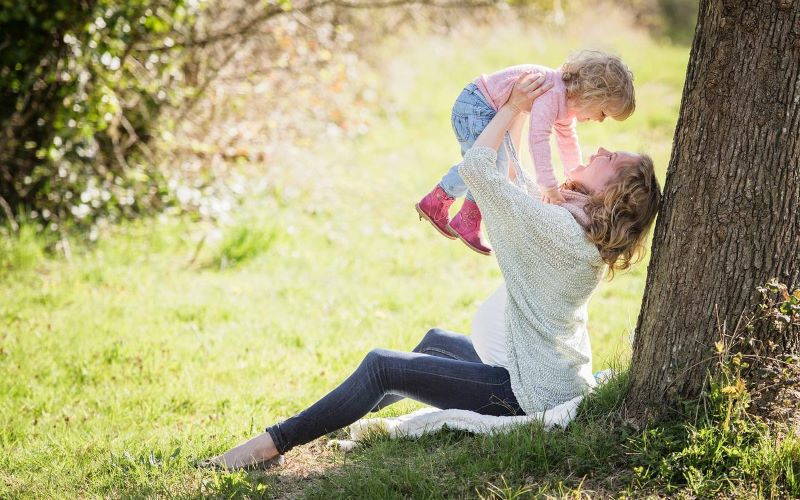Despite broad support for direct contact with birth relatives, the majority of adopted people and adoptive families lack the help they need to establish and maintain it, an Adoption UK (AUK) report found.
Between January and February 2022, AUK surveyed 2,515 current and prospective adoptive parents and 282 adopted adults.
Nearly 60% of both groups said they found direct contact (face-to-face or virtual meetings) challenging and believe more emotional and logistical support is needed for all parties.
Attitudes toward direct contact have changed
Attitudes toward direct contact with birth relatives have improved significantly over the last decade or so, according to AUK education policy advisor Rebecca Brooks.
She said: “Historically, there was a view of adoption that it is about erasing the past and starting with a clean slate in a new family.
“But we now understand that that’s not actually possible and maintaining safe connections with your birth family can help you understand who you are, where you’ve come from.”
Brooks added healthy contact is especially important given that most children in the UK are not relinquished, or adopted at birth, but are adopted from social care at the average age of three and have early memories of their birth family.
“It’s an enormous loss for children to lose the connections they had with not only siblings, but aunties, uncles and grandparents as part of adoption,” Brooks said.
Emotional support is crucial
AUK’s report found direct contact is often established by the families themselves but navigating the emotional complexities of these relationships often requires therapeutic support to avoid retraumatising all parties.
Megan, 22, from south London was adopted with her older sister at four, and at 15 she was suddenly contacted on social media by her birth mother, father, and several half-siblings she didn’t know she had.
She said: “It was shocking because they were supposed to make contact through social services and obviously no one listened to that.”
The experience was so stressful it triggered a chronic health condition Megan has, which resulted in a series of dissociative seizures.
Megan still struggles with health issues and severe insomnia caused by the initial contact and her birth father’s subsequent repeated attempts to get in touch on Facebook and Instagram.
She sought therapy to cope, but she and her adoptive parents had to arrange it themselves.
Megan added: “My parents had to go through a whole process, and we shouldn’t have had to.
“Instead, I think from the moment a child is adopted, therapy should be put in place.
“And none of the therapy has actually helped me because it’s all come a bit too late.”
AUK found that prior to contact, only 17% of adopted adults received help outside of their adoptive family to prepare themselves emotionally.
Only 18% of adoptive families had help from their adoption agency, and less than half reported feeling confident going to their agency for advice and support.
Additionally, just 6% of adoptive parents said their child received therapeutic support once direct contact ended, meaning that like Megan’s family, most have to arrange it themselves.
To ensure relationships with birth relatives are adequately supported, AUK recommended that every adoptive family have a named social worker to help oversee contact, as well as access to training ahead of contact and specialist support throughout the relationship.
Uniform guidance is needed
The charity’s survey also found a lack of uniform guidance or support among the devolved nations for tracing and establishing contact with birth families.
In England, for example, people adopted before 12 November 1975 must receive counselling before making contact with birth relatives, but not in Northern Ireland or Scotland, which have their own rules.
Adopted adults must also go through children’s services in the authority in which they were born, which some survey respondents felt was stigmatising and logistically challenging, especially if they lived far away from their place of birth.
Other adults end up paying large fees to trace their relatives or to access counselling when they establish contact or when they are unsuccessful.
Brooks said AUK recommends the government establish a national contact service that would give adopted people easy access to birth records, free help in tracing birth relatives, and access to therapy, including peer-to-peer support.
Brooks said: “Adopted people don’t choose to be adopted, yet many find themselves years down the line paying money to mediators and counsellors to help them manage the emotional journey of reconnecting in adulthood.
“We feel that when the state takes a momentous decision to remove a child from their parents and place permanently with another family, that’s not where the obligation of the state toward that child should end.”
The AUK’s full report and recommendations can be read on their website here.





